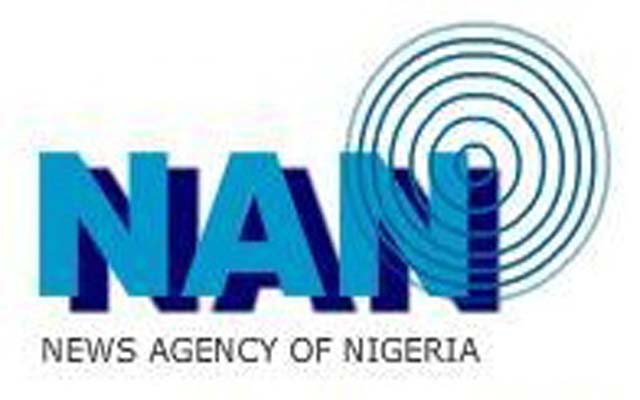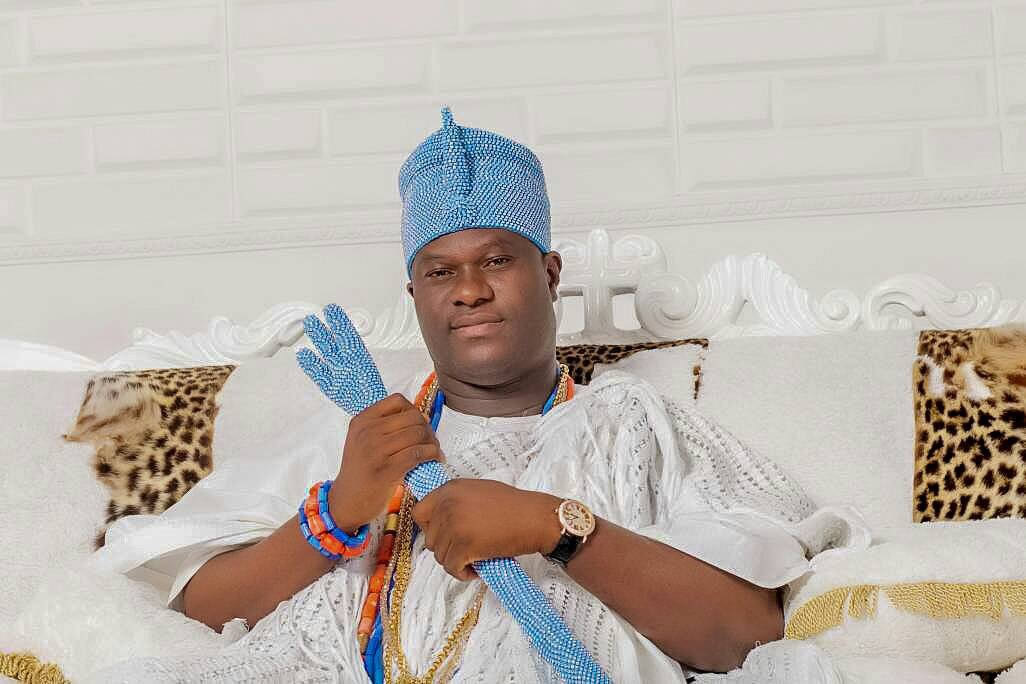By Lilian U. Okoro, Kemi Akintokun, Abiodun Azi and Oluwafunke Ishola
When the Senate, at plenary on July 20, 2022, passed a bill to establish the National Social Security Commission, the intention of the legislators was far reaching.
It sought to ensure a national social security protection funding for the needs of the unemployed, elderly persons and under-aged children below 18 years from broken marriages.
Survivors resulting from the death of the family’s bread winner were also covered by the bill which followed the consideration of a report by the Committee on Establishment and Public Service Matters.
The Chairman of the Committee, Ibrahim Shekarau (NNPP – Kano), said the bill would provide the legal and institutional framework for the establishment of the National Social Security Commission for the regulation, management and administration of various social services and benefits to Nigerian citizens.
However, some advocates for the widows and the elderly are decrying the state of old people’s homes in Nigeria, calling for harmonisation of the system in order to enhance the elderly people’s welfare.
For Mr Willy Workman, the President, Advocacy for Widows Empowerment Foundation (ADWEF), the Federal Government needs to increase the funding allocation for the old people’s homes.
Workman, in an interview with the News Agency of Nigeria (NAN) in Lagos decried the state of most existing old people’s homes, saying that funding challenges, inadequate monitoring and lack of harmonisation had majorly affected such homes.
According to him, welfare of the old people should be a top priority of the government since government officials and everyone else will certainly get old someday.
He specifically called for “a special fund’’ to cater for the welfare and progress of the senior citizens (old people) in Nigeria.
Workman also emphasised the need for effectiveness of the Act meant to regulate operations of the old people’s homes in the country, regretting that some homes were not legally registered with the appropriate government board.
“The state of most old people’s homes is not encouraging as they lack the basic necessities and funding needed to manage homes.
“A lot of them are not registered with the appropriate government offices and as a result they operate at will without adherence to any law or Act whatsoever.
“Actually, there’s an Act meant to regulate operations of the senior citizens in the country; but the question is, how many of the existing old people’s homes’ operate in accordance with the Act?.
“Hence, the need for effectiveness of the Act and also harmonisation of the existing old people’s homes to make them function the right way and equally fish out the illegally existing ones,’’ Workman said.
He, therefore, called on the stakeholders to have a dialogue with the NGOs running most of the old people’s homes to see how the system could be harmonised to improve care and welfare of the elders.
Also, Mrs Sophy Mbanise, the Founder, Healing Heart Foundation, an NGO, called for the creation of an enabling environment where government hospitals would be empowered to be rendering free medical services to the elderly people.
Mbanise said that most elderly people were in dire need of medical attention but could not access it due to their inability pay for medical bills.
According to her, some of the old people have been abandoned by their children and family members, living them to the mercy of their faith.
“Many old people have gone to early graves due to lack of adequate medical care.
“If the government can provide the enabling environment where government hospitals are empowered to be rendering free medical services to the elderly people, it will go a long way to sustain and improve their well- being.
Similarly, Mrs Olubunmi Sodade, Executive Director, Nigerian Association of Retired People (NARP50+), appealed to the three levels of government to create robust social safety nets for the elderly.
Sodade told NAN in Lagos that such structure would improve the well being of the elderly.
According to her, a lot of elderly people in Nigeria are faced with the challenge of exclusion and no social nets to cushion the effects on them.
She noted that issues that affect their health, social and economic well-being should be improved to make life worthwhile for them.
“`Nigeria is a country with over 60 per cent young population. However, we need to put structures in place because those young people will also become old and there will be more problems.
“`This is the time to start putting structures in place for the elderly. Healthcare is a major challenge for many elderly persons, also recognition like low discounts and benefits.
“For instance, the Lagos Bus Rapid Transit System (BRT) should be made free for people who are 60 years and above and they should be excluded from paying land use charges.
“`We need to make life easier for them; listen to them to know what they want because many elderly people play significant roles in society as leaders, role models and custodians of tradition,’’ she told NAN.
“Sodade noted that NARP50+ was committed to addressing issues that would enhance the lives of the elderly to participate in socio-economic activities that matter to them.
Dr Ajibola Meraiyebu,Co-founder, Gerocare Solutions Ltd., said fostering healthy ageing and improving the lives of older people would require shifts in actions and how we think about age and ageing.
Meraiyebu noted that the country’s health system neglected the elderly in policies and programmes that could enhance their health.
He appealed to the government to create policy driven interventions targeted at the elderly to improve their quality of life.
Meraiyebu added that the National Health Insurance Act (NHIA) should expedite action on its targeted plans for the elderly.
A group, Cute Kids Haven Foundation (CKHF), a Non-Governmental Organisation (NGO), called for more awareness on the benefits of social security nets for senior citizens in Nigeria.
The group’s Founder, Evangelist Funmilayo Bello, told NAN in Lagos that many senior citizens in rural areas in Nigeria did not know about social security safety nets for senior citizens.
She said that the Nigerian government provided a range of social security safety nets for senior citizens which included the National Pension Commission (PENCOM), the National Health Insurance Scheme (NHIS), and the Social Welfare Scheme.
She said these schemes provide cash benefits to low income elderly Nigerians, but most senior citizens were not aware of it.
Bello said that the government also provided the Senior Citizens Allowance, which provided a monthly stipend to elderly Nigerians who are not able to support themselves.
“Additionally, the government has recently launched the National Social Investment Programme (NSIP), which provides cash transfers to vulnerable elderly Nigerians.
“Government should hold seminars and workshops in local communities to educate people on the importance of social security safety nets for senior citizens.
“It should also create and distribute educational materials such as brochures, flyers, and posters to inform the public about the benefits of social security safety nets for senior citizens.
“It should reach out to local media outlets such as newspapers, radio, and television to spread the message about the importance of social security safety nets for senior citizens.
“It should also launch an online campaign to raise awareness of the benefits of social security safety nets for senior citizens and create a network of volunteers to help senior citizens in need of social security safety nets,” she said.
Bello also urged governments to encourage individuals and organisations to donate to charities and organisations that provide social security safety nets for senior citizens. (NAN)




